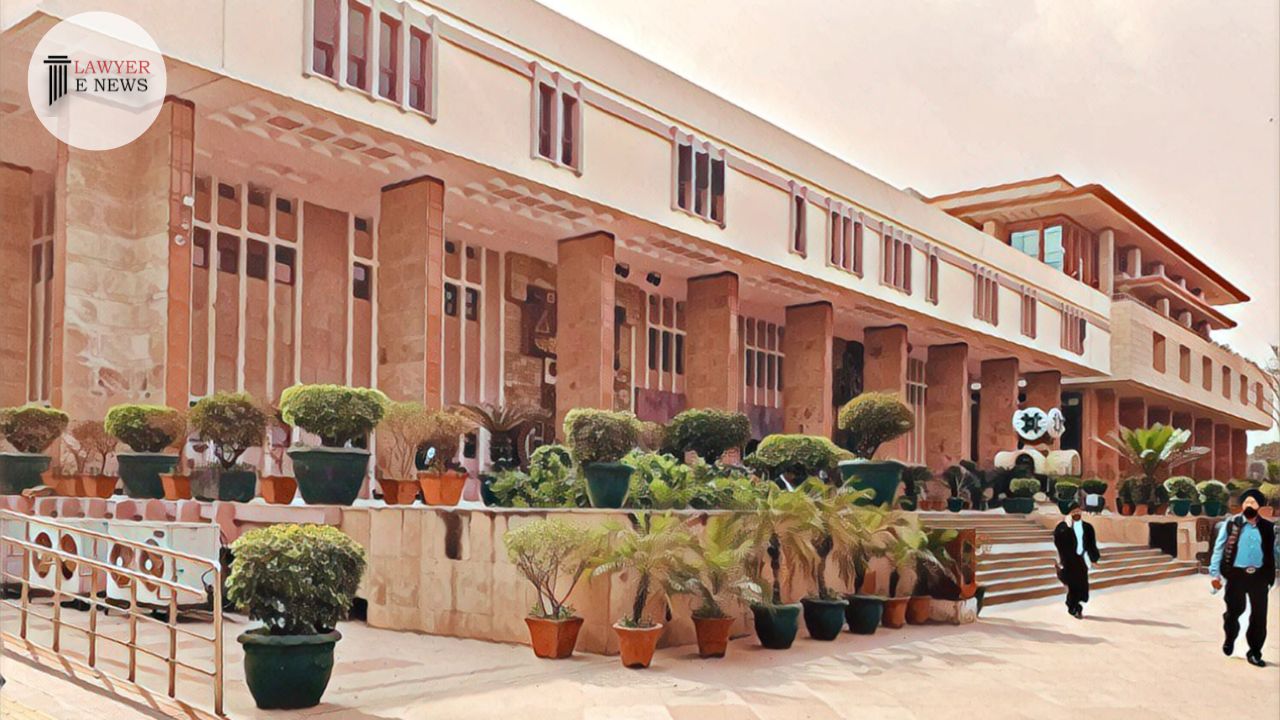-
by Admin
05 December 2025 4:19 PM



In a significant ruling, the Delhi High Court has reaffirmed the importance of adhering to employment contract terms, clarifying that automatic confirmation of employment cannot take place without an overt act as stipulated in the agreement. The decision, delivered by a bench comprising Chief Justice Satish Chandra Sharma and Judge Sanjeev Narula, addresses a case involving the termination of a Trainee Medical Representative and provides valuable insights into the interpretation of employment contract terms.
The court's ruling stems from a case in which the appellant, a Trainee Medical Representative, contended that his training period should have been automatically extended, leading to his automatic confirmation as a regular employee when it wasn't extended within the initial 12 months. However, the court emphatically rejected this argument, emphasizing that the terms of the appointment and service agreement clearly specified that successful completion of the training period was a prerequisite for consideration as a regular employee.
The court underscored the principle that when employment rules require a positive or overt act for confirmation, no confirmation can take effect until that act is performed, regardless of whether the maximum probation or training period has expired. In this case, the maximum training period had not yet elapsed, and the training was extended by an express order.
Speaking on the matter, the bench stated, "When the law prescribes an act to be done in a particular manner, it ought to be done in that manner or not at all." This legal principle was a central theme in their decision, reinforcing the need for adherence to the terms of employment agreements.
Furthermore, the court also addressed the issue of backwages, finding that the appellant was not eligible for backwages as he had been gainfully employed during the relevant period, and he failed to present evidence to the contrary. The bench upheld the findings of the Learned Single Judge in this regard.
In conclusion, the Delhi High Court's ruling serves as a crucial reminder to all parties involved in employment contracts to abide by the agreed terms and conditions. It reinforces the legal requirement for a positive act of confirmation in cases where employment agreements specify such conditions, thereby ensuring fairness and clarity in employment relationships.
Date of Decision: 01 November 2023
SANDEEP GUPTA VS HINDUSTAN ANTIBIOTICS LTD
